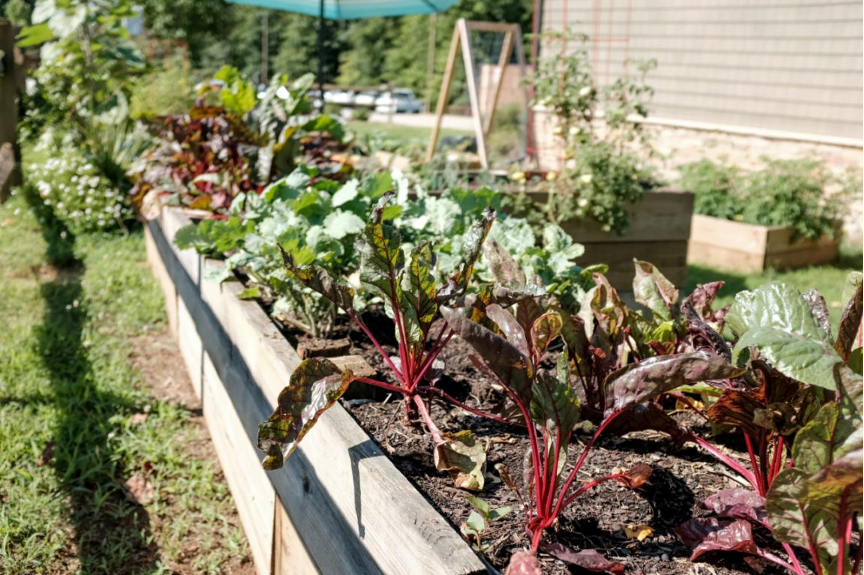
by Analia Christine Cullen
Gardening has become a hobby that many people have adopted during the pandemic. Gardening company chairman George Ball said that seed sales in March 2020 were at their highest in the 144 years his brand, W. Atlee Burpee & Co, has been running. Johnny’s Selected Seeds also saw a 270% jump in orders the week that lockdown restrictions in the country were implemented.
Fruits and vegetables are some of the most popular things vegans plant in their home garden. This is because it makes their diet more accessible and affordable compared to visiting a grocery store or eating out. A past article found that on average, vegan foods came at $10.68 in California. This price is already on the lower end of the spectrum, highlighting just how expensive vegan-friendly ingredients can be. This is why planting them yourself at home can help you. If you are looking to grow your own vegan garden, here are some of the vegetables you can try growing:
Lettuce
Lettuce, among other leafy greens, is a staple in vegan diets. They are some of the easiest crops to plant because they can be cultivated in almost any weather and can be grown year-round. The Almanac highlights how lettuce also comes in many varieties such as Crisphead, Romaine, Lose-Leaf, and Red Leaf, and that the best time to plant them during spring is 4 to 6 weeks after the last day you get frost. They also note that seeds germinate best in soils that have a temperature of 55-65°F but can still grow when the ground is at 40°F. If you want to plant these greens, you will most likely see growth within 7 to 10 days. Make sure to harvest them right before they mature for the best taste. You can add them in salads as a meal or have them as a healthy snack dipped in your favorite sauce.
Zucchini
Another vegetable many vegans love is zucchini because of its refreshing taste and versatility. They are typically planted during warm months (May through June) and sprout after 7 to 14 days from germination. Make sure to space them out properly when planting (around 18 to 24 inches apart) and to harvest them regularly to ensure that they continue to fruit. If you are unsure how to incorporate them into recipes, health website SymptomFind offers several methods. These include baking the zucchinis as vegan parmesan-coated strips, turning them into healthy pizza bites, and even using them as a noodle substitute. There are many ways to turn this vegetable into a healthy meal that you will find tasty. They are filled with vitamins A and C as well as micronutrients like zinc, iron, and calcium. This is one of the most adaptable vegetables to grow, making it the perfect addition to a home garden.
Peas
Finding alternatives for protein is necessary for vegan diets as the body needs the nutrient for sustenance — and peas are a protein-rich vegetable. Gardeners World reports that they are best sown during May or June but can be planted during autumn (but it is possible to suffer crop losses due to the cold weather or mice during these months). You can also plant them indoors to prevent them from being destroyed by pests. Just be sure to cultivate them in a spot that receives a lot of sunlight. They should be ready to harvest 3 months after being planted or as soon as the pods develop peas inside. Pick them from the lowest portion upwards as this area is the most developed and easiest to handle. They don’t require a lot of maintenance and can be easy additions to your garden because of this. Just be sure to keep those pests away from the crop.
Cultivating vegetables at home is a great way to save money on a vegan lifestyle and to have fresh produce at your disposal. These are just some of the vegetables you can easily grow at home and can eat almost all year round. For more articles on health, vegetables, and veganism, make sure to check Vegworld Magazine.


Thanks for writing such a valuable article on Gardening.
I love your blog and the way of explaining things. I really really want to see more blogs on gardening from your side. I am also a garden lover and want to share some information on gardening. hope that you will like it.
https://www.gardenreviewer.com/how-much-cow-manure-is-okay-for-a-vegetable-garden/
thanks
ben martin